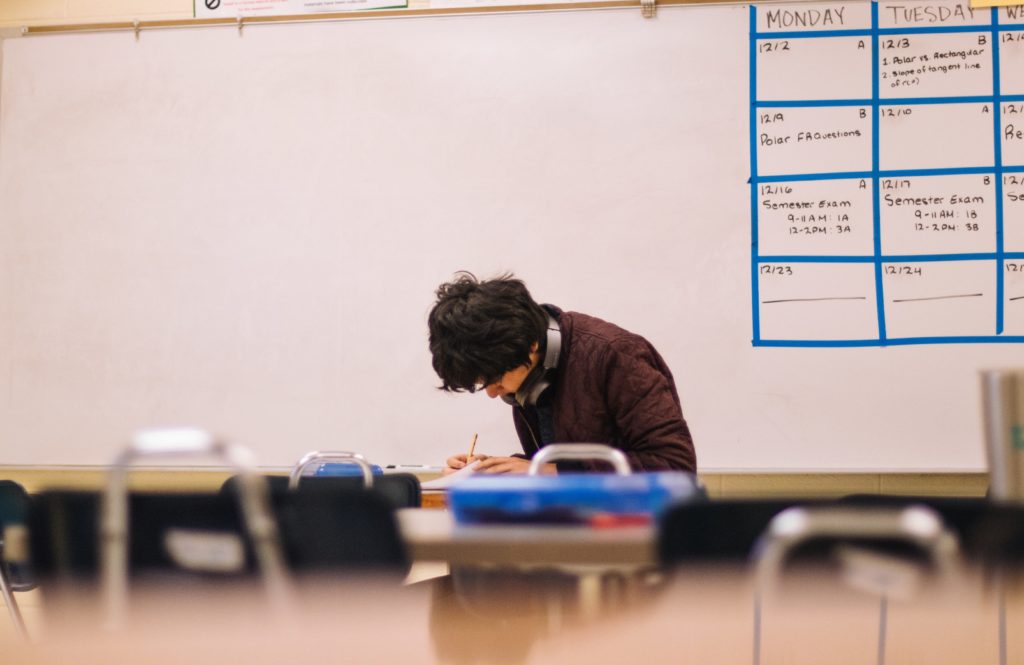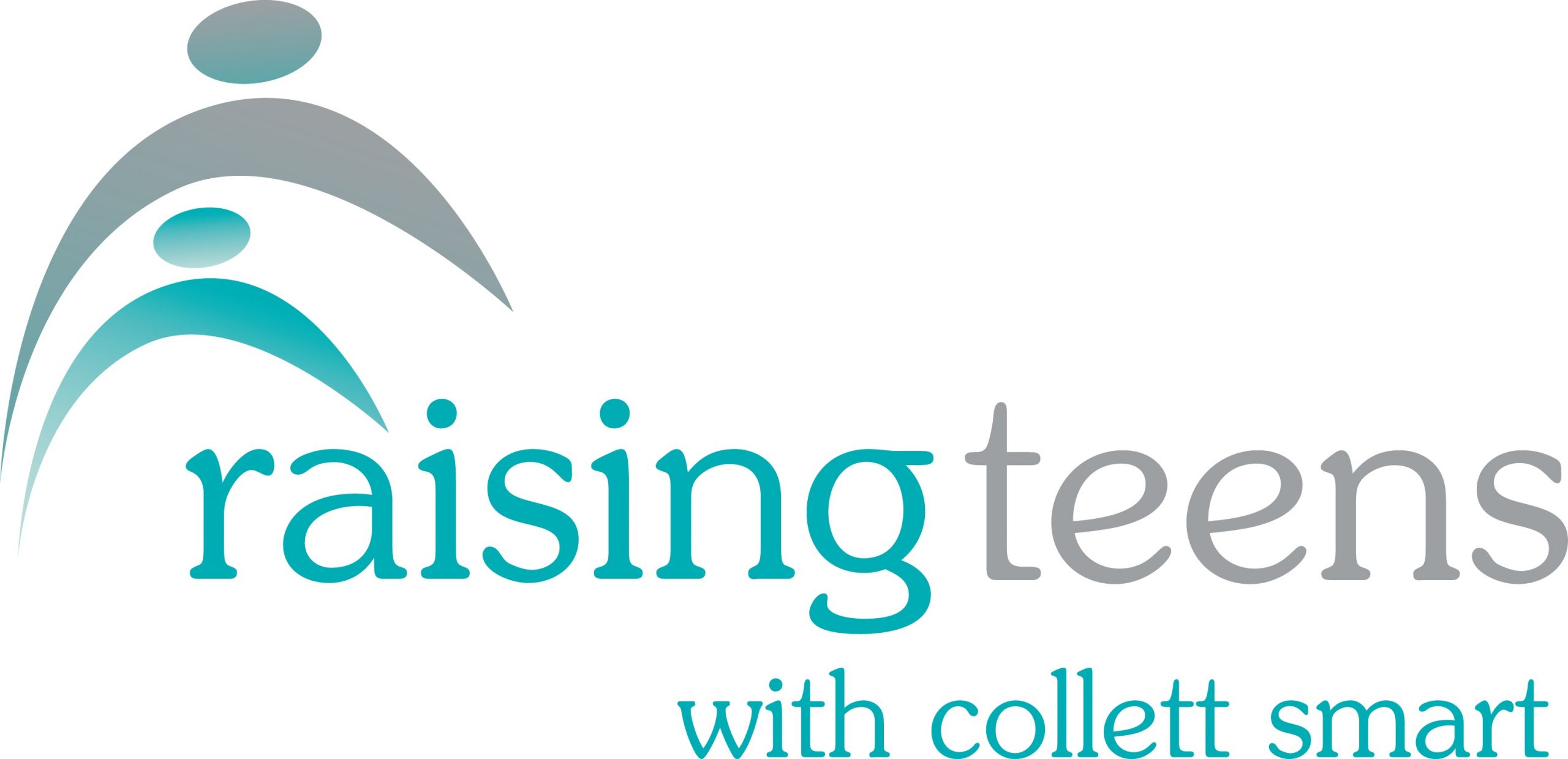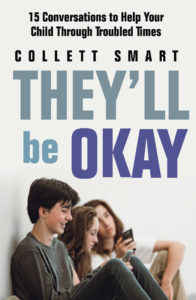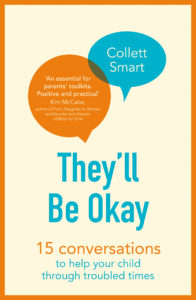by Collett Smart

It’s been a strange year for all students, but none more so than those in their final year of school.
My daughter is my second child, so I have been here before. By ‘here’ I mean the last year of school. Yet, this time looks nothing like my son’s final year. This year is supposed to be the year of ‘lasts’! And this Final Class of 2020 need us right now.
When you are at school everything builds up to the final year. Some major Rites of Passage events happen then. It is normal for teenagers to look forward to more independence. Yet March 2020 saw this cancelled – almost overnight.
My daughter is a Sports Captain this year, and final running carnivals, weekly house games, all the dress up fun and responsibility that comes with these… evaporated. Her peer group saw sudden cancellations of 18th birthday parties, state sporting events, driving permit tests, driving lessons, year group assemblies, school fairs, group music nights, group recitals, fundraisers, uni open days, excursions, school trips, movies… Many of these still have no set start date. Many will simply not happen at all.
Study stress has been an issue for young people for a number of years already.
Of the 25,126 young people (15-19 year olds) surveyed in 2019, “nearly half (49%) felt there were barriers that would impact upon them achieving their study/work goals after finishing school.”
Add to this; the 2020 interruption to their education, the thoughts of a shaky job market, the improbability of a travelling gap year, and the uncertainty over trades and university entries for 2021.
In May, Unicef Australia asked children and teens what they are feeling during this pandemic. Their ‘Living in Limbo’ report found,
There is global concern for youth mental health going forward.
Given all of this – What do the Final Class of 2020 Need from Us Right Now?
To Recognise
The return to school has not been a one-size-fits all happy reunion!
Having worked as a school counsellor for many years, I predicted a number of scenarios for how some Year 12s would feel, on return to the school campus. Do you recognise any of these in your child or your students?
- Hated the lockdown, loves being back at school and seeing their peers.
- Did quite well without all the social interaction and got on with online learning – a little bit sad to return.
- Anxiety about the unknown of a second wave of COVID, or an outbreak in their school.
- Worried – “Now that we are back, the academic pressure is going to hit again…”
- Poor Wi Fi access during lockdown and concerns about the equity of Year 12.
- Struggling with anxiety because they need to catch up the work they missed while schooling was online.
- Anxiety about how to “pick up where I left off.”
- Frustration at the generally poor communication by Education Departments.
- Glad to be away from some unrealistic parental pressure that happened during lockdown.
- Returning with added trauma, after being ‘locked in’ with other major issues. E.g. an abusive parent.
- Fears that their dreams of getting into medicine or high scoring courses, have slipped away.
Caring For the Class of 2020 (who are stressed & feel as though their wings have been clipped)
Something that will stand out for this year group will be how the adults (parents, teachers, counsellors, principals) supported them through this. Because the presence and interaction of significant adults is a huge factor in developing resilience.
1 – How to Listen to What They’re Feeling
- Offer kindness and compassion
The final year of school can be emotionally exhausting at the best of times. When teenagers are struggling emotionally, they can tend to either withdraw or lash out. Even more so if they feel there are no safe adults who will listen to them.
When it comes to navigating uncomfortable feelings, ‘the only way out is through’, and offering our teenagers compassion, paves their way toward finding hope.
Spend time around your teen, and when they are ready to talk, simply listen. Give them room to share their feelings and listen without judgment (or without reassuring them that everything will be fine). My blog on anxiety has some practical strategies and apps suggestions here.
Don’t say things like:
“Well at least we’re not in a war.” – This is unfair and can be hard to grasp when emotions are high already.
OR
“This has prepared you for independent learning after school.” – Wrong. This looks nothing like ‘independent learning’. As a tertiary education lecturer, I can tell you that this is nothing like independent learning (unless you have signed up for an online distance course). My own uni students are struggling. The university of Melbourne’s survey highlights the ‘anxiety and precarity’ of learning, for university students, during a pandemic.
- Listening encourages Mindfulness
Mindfulness techniques can be very helpful when young people’s routines are disrupted, and they feel overwhelmed by frustration and disappointment. Mindfulness teaches us to tune into our emotions in any given moment and experience them without judgment.
Joanna Stern, a clinical psychologist at the Child Mind Institute, explains, “You tell yourself it’s okay to feel anxious right now. It’s okay to feel scared. It’s okay to feel angry. You’re accepting the feelings you have and validating them because we’re all having those feelings. It’s really important that you accept them as they are rather than fighting them.”
Essentially a young person says to themselves, “I hate this. It really sucks and I feel so angry that… I can’t be with my friends at the sporting events this term /…my last year has been interrupted / my (insert your own here)… So now what needs to be done?”
- Acknowledge what they have lost
Validate your child’s disappointments and emotions. Allow them to vent and work through their feelings out loud. They often don’t want a solution. They just want their feelings to be acknowledged.
You can do this by naming your child’s emotion. E.g. “You sound really frustrated about…”
2 – Be their Cheer Squad
- Communicate unconditional love and acceptance.
NOTICE what your child is doing well with and TELL them what you see, every day. SAY out loud what you are proud of about their character, when they show initiative, when they help out, or when they work hard at something.
- Encourage times of rest, relaxation and fun.
Offer Hope for the Future
Though we can’t replace what’s been lost, adults should not underestimate the power of offering hope.
3 – Look for the Many Pathways to Uni Study
If students are worried about their final results or ATAR, remind them that there are many pathways to university study. Jump on to university websites and upcoming virtual open days to look at the options. Remind your child that in Austraila, approximately only ¼ of students get into university via their ATAR.
4 – Highlight that University is only ONE option
Remind your child that university isn’t the only option. Help them to consider the many career paths that don’t require a degree. Research trade options, in areas your child might be interested in. The world is short of tradies, in many fields right now!
5 – Help Them Dream
- Vision boards
Parents and mentors have a powerful role to play in helping young people to see the positive in life. Help your children to dream about their future, and the things they would love to do in the next year or two.
In therapy, we sometimes help young people create a vision board or a vision journal. A place where they can visually dream about realistic ideals for what their upcoming year/s might look like.
- Don’t squash ideas of travel.
Let them wonder, “If the travel bans are lifted internationally, where would I travel to?, “Would I take a gap year.” “Would I travel around Australia with some of my friends?”
We must give our children hope and we must allow them to dream, and let them know this won’t last forever. Their adult adventure is just beginning, and there’s still so much to be excited about and so much to enjoy.
What schools can do:
Information Will Help With the Uncertainty
The school community need to do everything they can to help the Class of 2020 feel supported and informed. Knowledge takes away some of the unknown. Knowing schedules and so on can give students a little bit of a sense of control, in what’s still largely not in their control at the moment. Information helps reduce anxiety.
There’s a public school in Sydney that has just been brilliant at sending Year 12 students (and their parents) updates on; Education Department announcements, schedules, encouragements, wellbeing, uni, TAFE and other general information, a few times a week since ‘this’ all started.
The Director of Wellbeing at my daughter’s school, has begun sending out Weekly Wellbeing emails to the Year 12 group (*waves to Lauren!*).
Plan some fun
Some schools are planning additional fun and social events exclusively for year 12s – colour runs, morning teas, lunches, the odd extra special privilege, crazy sock/hair days… Things to create a release from the constant academic pressure. Activities to help students feel connected and leave with some unique Class of 2020 memories.
My last thought
As always, find the humour. My daughter and I had a chuckle at this tweet…
Someday our kids will have kids. Those kids will complain that they're bored and want to go somewhere.
So our kids will tell their kids about the time they couldn't leave their house for a month because of a pandemic.
This is our kids "2 mile walk in the snow uphill" moment.
— The Salty Mamas (@saltymamas) March 18, 2020
Let’s keep listening, keep asking, keep encouraging, keep looking out for and keep supporting the Class of 2020!

Listen to the podcast below or watch my video interview on Supporting Final Year students here.
Audio Player





 My name is Collett Smart. I am a psychologist, qualified teacher, speaker, podcaster and internationally published author, with more than 25 years experience working in private and public schools, as well as in private practice. I am married and have 3 children aged aged 22, 20 and 14 years-old.
Welcome to Raising Teens!
My name is Collett Smart. I am a psychologist, qualified teacher, speaker, podcaster and internationally published author, with more than 25 years experience working in private and public schools, as well as in private practice. I am married and have 3 children aged aged 22, 20 and 14 years-old.
Welcome to Raising Teens!
